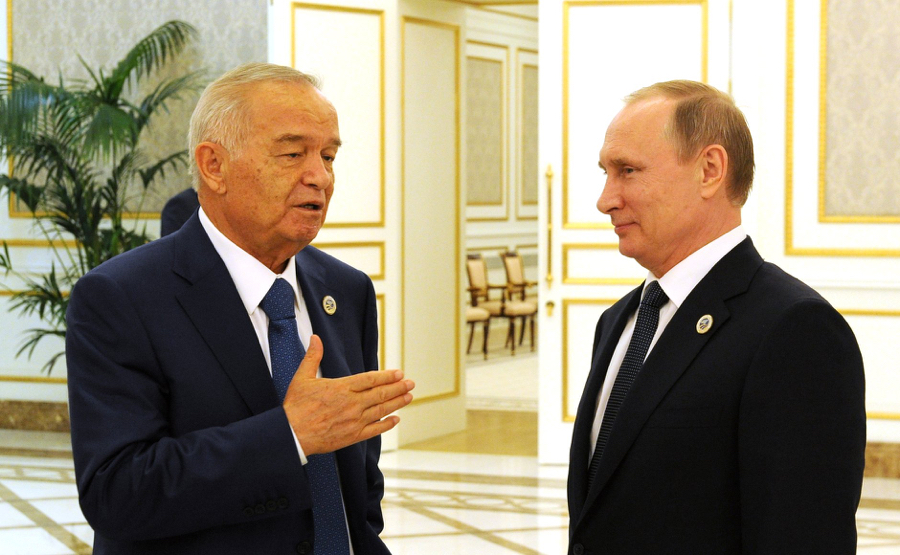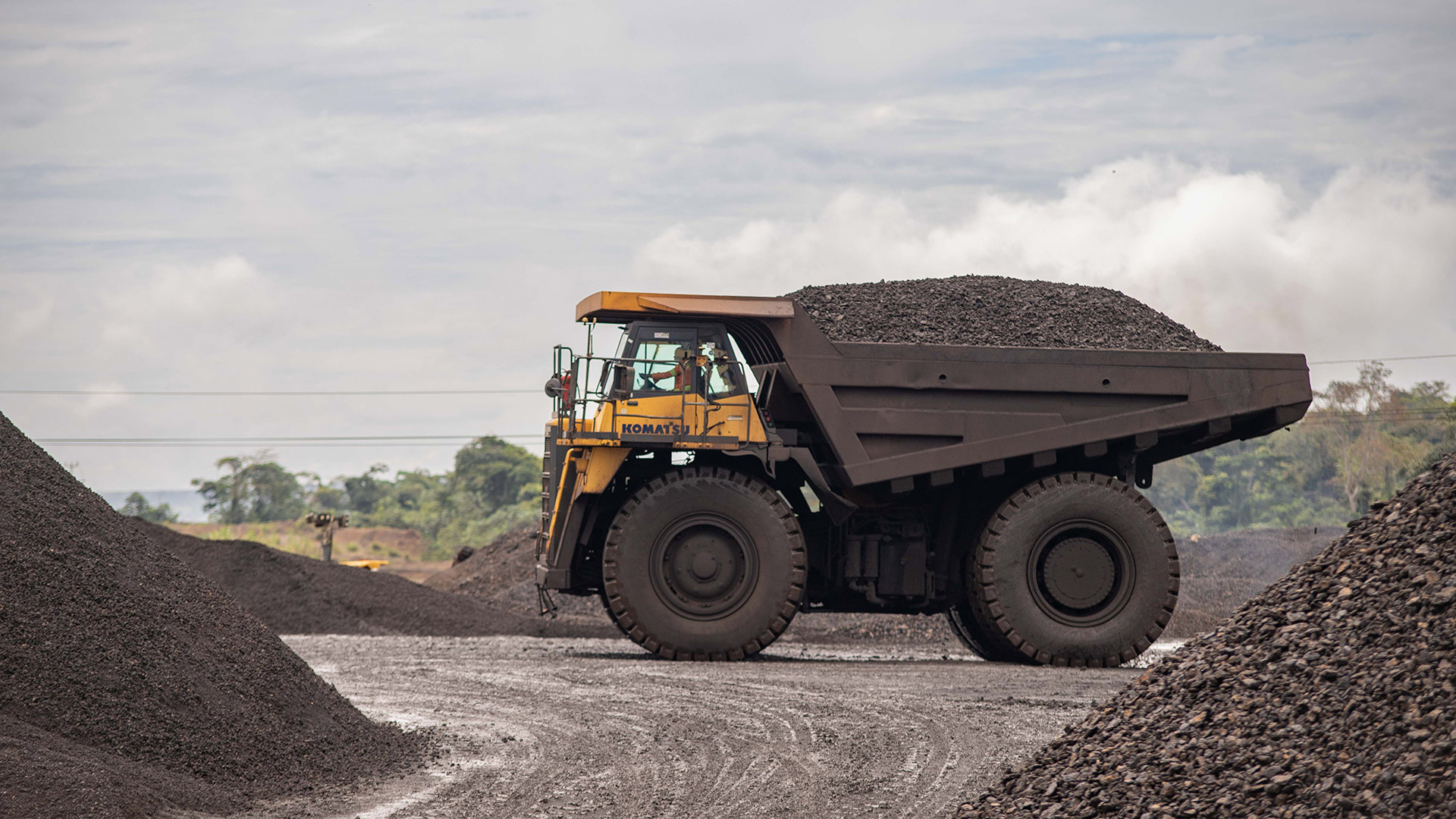World’s largest gold mine could come under threat

In an unprecedented move on Sunday, authorities in Uzbekistan released a statement that Islam Karimov, President of central Asia’s largest state, has been hospitalized suffering from a brain hemorrhage.
Karimov, 78, who became president as the Soviet Union was breaking up, has no clear successor and his illness raises fears a power vacuum and the influx of radical Islamist groups.
Foreign Policy reports since assuming the presidency in 1991, the Uzbek leader has “focused on consolidating power in the most brutal ways, including deadly crackdowns, such as the 2005 Andijan massacre“:
“With no pre-set procedures of succession and a complete lack of experience in holding open elections, anyone who comes to power will continue the same level of political repression or engage in even harsher methods”
“Over the last 25 years, the president and his ruling circle of former Soviet intelligence operatives have developed a vast system of repression that monitors the activities of any opponent to the regime — real or perceived.”
Erica Marat, an assistant professor at the National Defense University, told Foreign Policy “there will be losers from Karimov’s demise no matter how smoothly succession takes place”:
“With no pre-set procedures of succession and a complete lack of experience in holding open elections, anyone who comes to power will continue the same level of political repression or engage in even harsher methods.”
The nation of 31 million people, representing more than half the population of the central Asia region, is one of the poorest in the world with gross domestic product of $1,800 per head or just 15% of the world average. Uzbekistan has also been hard hit by economic slowdown in its two largest trading partners Russia and China. Many Uzbeks who’ve been working on Russian oilfields have returned home, while Chinese imports of Uzbek resources have also moderated.
NBC News reports despite the brutal crackdown on religious groups and dissidents the threat of radicalization and terror remains and “jihadism remains an attractive ideology due to the region’s poverty and despotism”:
“An attack attributed to a sleeper jihadist cell killed eight in Kazakhstan in June. A prominent police official in Tajikistan — a country that lived through a jihad-tinged civil war in the 1990s — defected to ISIS last year.
Image: Wikimedia
“Post-Soviet Central Asia has provided thousands recruits to ISIS, and some prominent local Islamist groups — such as the Islamic Movement of Uzbekistan — have pledged allegiance to ISIS.
“An estimated 13,000 people have been jailed since 1991 for their religious convictions in Uzbekistan, according to local rights activists. Between 150 and 1,800 were killed in 2005 in what the Uzbek government said was an Islamist uprising and many locals described as peaceful protest.”
Not only is Muruntau the world’s largest gold mine producing more than twice as much as its nearest rival but the mine also boasts the globe’s largest reserves of roughly 170 million ounces

Muruntau’s unique steep incline conveyer. Image: Navoi
Mining is a big source of revenue for the country with the state mining company Navoi Mining and Metallurgical Combinat controlling 48 mines and processing facilities producing copper, lead, molybdenum, zinc, bismuth, tellurium, bismuth and uranium mines besides precious metals. The country is the world’s number seven producer of uranium and 12th largest producer of gold.
Gold output grew by more than 4% in 2014 to more than 80 tonnes or 2.8 million ounces worth $3.7 billion per year. Nearly all the country’s gold is produced at the giant Muruntau mine which has been in operation since 1967.
Not only is Muruntau the world’s largest gold mine producing more than twice as much as its nearest rival (and at some of the cheapest cost per ounce anywhere in the world), but the mine also boasts the planet’s largest reserves of roughly 170 million ounces.
The Muruntau mining complex consists of a huge open-pit mine measuring 3.35km in length, 2.5km width and a 560m depth, making it one of the deepest in the world.
Due to depletion of oxide reserves, Navoi recently commissioned world’s biggest BIOX (bacterial oxidation, a biohydrometallurgical process developed for pre-cyanidation treatment) plant.

Image: Mining Atlas
{{ commodity.name }}
{{ post.title }}
{{ post.date }}





Comments